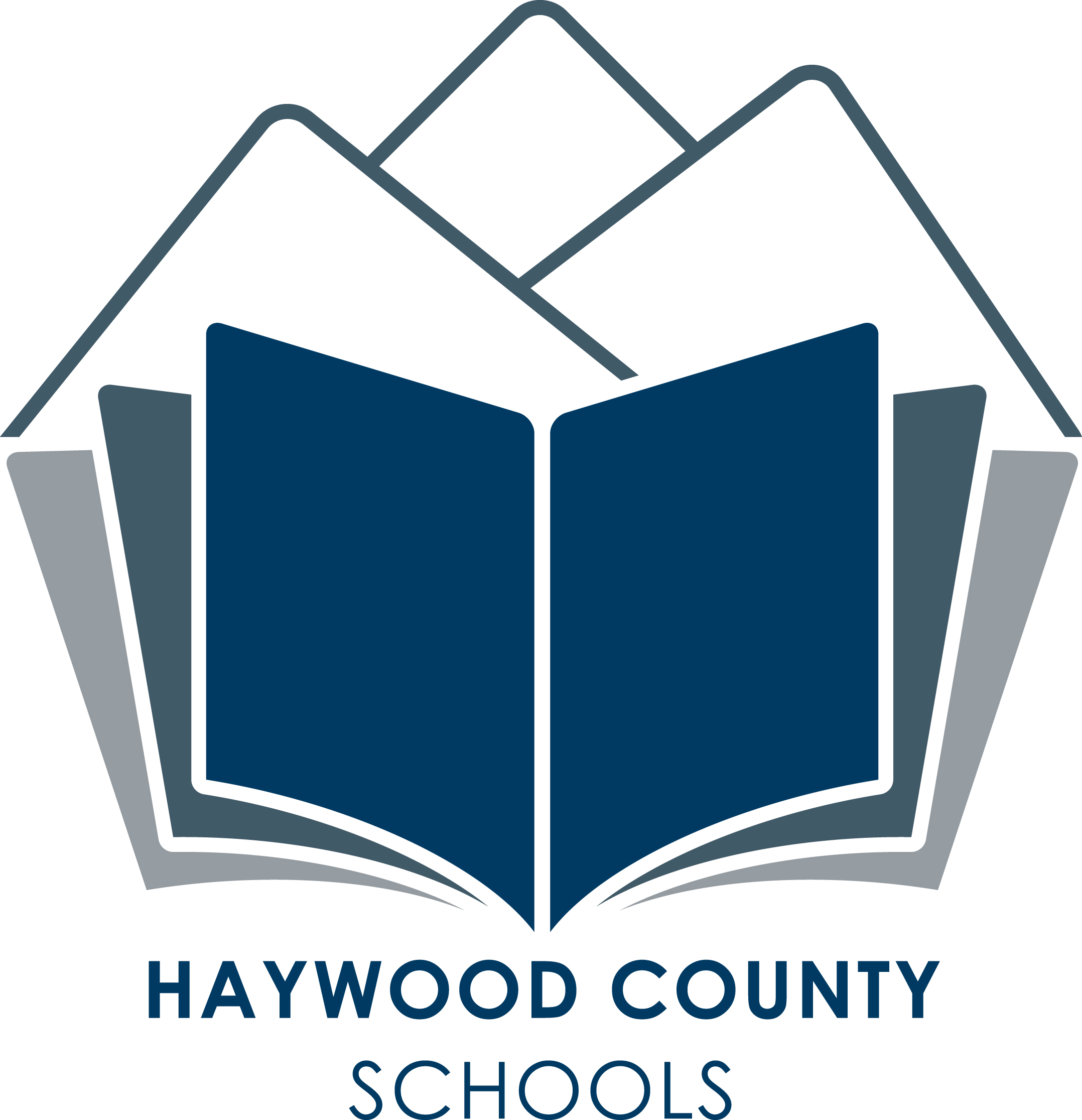Tuscola High School seniors in Ray Sugg’s Appalachian History honors class are learning that Western North Carolina and the surrounding mountain communities have their place in world history.
“They’ve learned about American history their entire school career, but they’ve never been taught the history of their own back yard,” Sugg explained. “It gives them an idea of their roots and culture.”
Sugg opened his class on day one with a discussion of common Southern Appalachian stereotypes. Students quickly learned that the region is filled with people who do not fit those labels.
From there, classroom discussions have revolved around everything from Appalachia’s role in the Civil War to Cherokee culture to the impact of local families.
“This is one of the most engaging classes I’ve ever been in,” Mclain, a student, said. “There’s so much to know about our community, and after this class, I have such a deeper appreciation for WNC.”
Sugg’s main focus of the course is to make the material relevant to what his students see every day, but may not notice. Students learn about all of the Highway Historical Markers in Western North Carolina.
Markers commemorate historically significant statewide places, people and events, and cover an array of subjects including schools, churches, battles, generals, artists, poets, preachers, musicians and civil rights.
“I always tell them this stuff is in your backyard, go see it,” Sugg explained. “Students have ventured just down the road to the Shook House in Canton and as far away as Boone to see sights.”
Many students said they have spent several weekends exploring areas they have learned about in class with their parents.
Sugg is not able to cover the history of the entirety of Southern Appalachian during the semester; coal country has been left off the schedule. Students learn about the Appalachian areas in North Carolina, South Carolina, Tennessee, Virginia, and Georgia.
“I think of it as an Appalachian lasagna because we’re learning about all the different layers of history,” Adam, a student, said with a laugh. “We’re not just learning dates; we’re learning about folklore and the stories behind the big events.”
This is Sugg’s fifth year teaching Appalachian History, one of two elective history classes at Tuscola. Typically, 40 to 50 students show interest in the honors class and many are put on a waiting list, but less than 20 spots are available each year.
A lot of Sugg’s classroom material has been derived from the university-level. He consulted several college professors and read countless books before putting together the course syllabus.
Since seniors’ schedules are often busy with off-campus classes at Haywood Community College, Sugg opts to bring in guest speakers as opposed to taking field trips.
“I try to call on all the local cultural resources we have,” Sugg said.
Speakers have ranged from local authors to Cherokee culture experts to history professors at nearby colleges.
Students end the semester with a capstone Foxfire project. Sugg’s inspiration for the project is based on the nationally-recognized Appalachian heritage publication The Foxfire Magazine.
The Foxfire project is open-ended and meant for students to explore a particular subject about Appalachian culture in depth. One student learned how to play the mandolin, another made a piece of Cherokee-style pottery, while another hand carved a fly-fishing rod.
“The Foxfire Project is a great way to push kids out of their comfort zone and learn something new,” Sugg said. “A lot of them have had to consult experts in a particular field.”
Ultimately, Sugg has expanded his students’ views and knowledge on mountain culture during his class.
He hopes that they continue to “seek the back of beyond,” as Horace Kephart, the famous Appalachian author and father of the Great Smoky Mountains National Park, did.
Submitted by: Carrie Sutton, HCS Foundation


